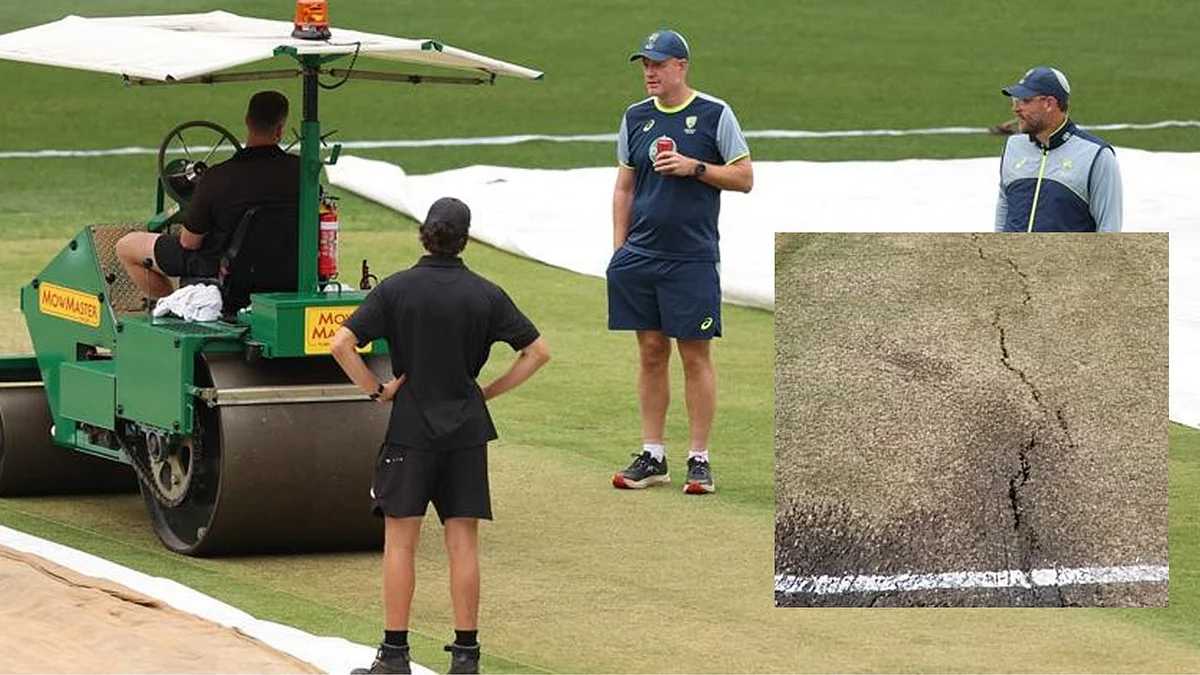According to a recent report published by the National Cancer Registry Programme (NCRP), out of all the types of cancers, breast cancer has become a major health concern across Indian cities. One in every 60 people in cities suffers from breast cancer, while for the rural counterparts the figure stands at one in 30. For the United States of America the figure is one in eight. This is largely due to lifestyle changes, say doctors.
Breast cancer is affecting a large number of women in India and a majority of them are young, unlike most western countries where older women are affected by it. In India, studies show that breast cancer among young women is actually four times higher than western countries.
There are various types of breast cancer, like invasive lobular carcinoma, invasive ductal carcinoma, inflammatory breast cancer, lobular carcinoma in situ, and ductal carcinoma in situ. Triple-negative breast cancer is considered to be aggressive in nature and of a higher grade when compared to the other types of breast cancer.
Dr Amit Gandhi, head surgeon (oncology), Kohinoor Hospital, said the symptoms of triple-negative breast cancer are lumps or mass on the breast, redness, swelling, changes in the size or shape of the breast, nipple changes like flaking or peeling of the skin, nipple discharge, breast pain, irritation, itchiness or hardness. This cancer doesn't have a good prognosis compared to other types as there are fewer targeted medicines that treat it.
“Every one in eight women gets affected by breast cancer. Once the lump is detected, the next step should be a sonography or mammography depending on the age of the patient,” said Dr Gandhi.
The treatment of this cancer differs for every patient. Dr Gandhi said first the lump needs to be removed (a lumpectomy) or the entire breast needs to be removed (mastectomy). Then, chemotherapy targets cancer cells that can’t be seen. Even chemotherapy (neo adjuvant chemotherapy) before surgery is advised to shrink cancer. It’s seen that immunotherapy can be helpful in dealing with aggressive cancer cells, Dr Gandhi said.









